The era of sustainable avoidance is over. Arrive at sustainable performance.
Ndevr Environmental merges with Anthesis

Arrive at industrial scale decarbonisation.





There’s plenty of information out there about sustainability and performance, but few share how one activates the other. Read our opinion pieces and industry insights to uncover the latest practices and ways of measuring the real impact of progress, reimagined.
Explore tailored solutions and elevate your sustainability journey. We welcome inquiries and partnerships to drive positive change together. Let’s shape a sustainable future together.